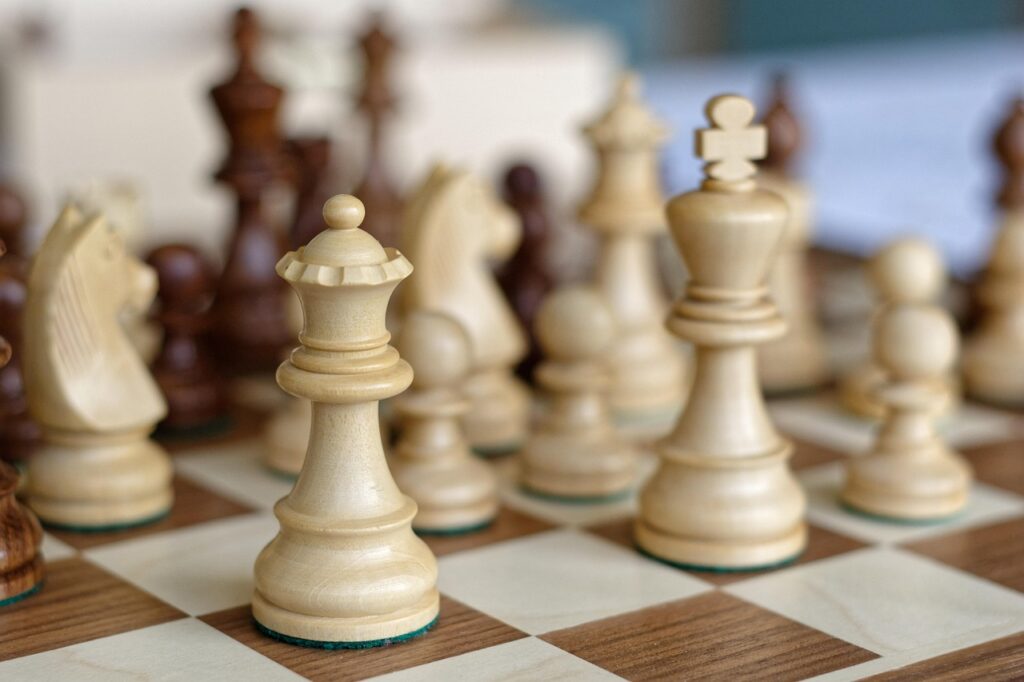
When I was in high school we had to take at least a semester of a foreign language as part of the curriculum to earn our diploma. The choices back then were French or Spanish, though I’m fairly certain some of the advanced college course students considered Latin as their language of choice. As for me, I opted for French. I cannot tell you with any certainty the reason behind that decision; whether it was some dreamy notion that I would visit Paris one day or because my grandmother had once been a Canadian citizen, I cannot say. Whatever my reason, there I sat in a classroom attempting to learn the basics of the French language, often through memorized conversations in French.
To this day, I can recall some minimal French, but, even more, if pressed, I can dazzle listeners with two or three lines of one of those memorized conversations, speaking both sides with incredible flair though likely not impeccable French. The most memorable of these conversations had to do with a daughter asking her father if they could go out to dinner at a restaurant, the father telling her no, and the daughter wanting an explanation about why, exactly, they were not allowed to go out to eat.
When I think back on my various and sundry attempts to learn a foreign language, including Spanish before I accompanied friends who were a native Spanish speaker and a fluent Spanish speaker, I consider my paltry knowledge and competency pretty much laughable. That assessment continues even as I celebrate a 1,369 day streak on the Duolingo app. Recently, after I shared a streak milestone, a friend reached out and asked me, given that streak of a little of 3.5 years of learning Spanish, did I think I could hold a genuine conversation with a native Spanish speaker, to which I responded without hesitations, no, absolutely and definitively, no.
There are myriad reasons for this, but the greatest one for me is that competitive nature they’ve built into the app is not conducive to learning for me; I tend to focus too much on where I am in the weekly standings, what league I’m in, and whether or not I am in the demotion zone and about to lose my standing and therefore lose face in some way (most likely, I only lose face with myself, but still…).
To help temper my Duolingo time, when they introduced a track where I subscribers can learn how to play chess, I was all in. Now I could wrack up XP points learning tips and tricks for playing chess. But, here’s the thing—that is going about as well as learning Spanish, though it might be at least a little bit more fun at times. Honestly, one of the appealing aspects of this particular track on Duolingo is that it reminds me of when my teens were several years younger and spent a lot of time learning and playing chess. We had several chess boards (some purchased for the start-up chess club at the community charter school where my 17 year old spent some time playing). We also enjoyed a few matches on an oversized chess set outside a local toy store.
Eventually their interest waned, but, when I saw the option on Duolingo, I dove in. I figured it was good for my aging brain, the same way the daily puzzles available through the New York Times app help keep my mind sharp and active. What I love is that our youngest, who is learning Italian in Duolingo, recently decided to dive into chess and the other night, as I watched her playing a full match against one of the animated characters, Oscar, I was filled with delight. I loved the expression of absolute joy on her face as she worked through the match, eventually winning it outright.

This I had to celebrate because only one day before, or maybe even that very morning, Oscar completely annihilated me in three moves, maybe four. Because I gain XP points in the process the loss isn’t as awful as it could be if it were an actual person, but still, I was impressed with our 15 year old’s similar annihilation of Oscar, but loved even more the sheer delight on her face as she played.
I see this kind of delight and joy on my 17 year old’s face often as she heads upstairs to listen to a weekly radio program showcasing some of her favorite hair metal bands or songs (at the very least), as well as in her interactions with an online friend. Likewise, that expression of joy fills my heart with its own overwhelming delight and joy with a hearty mix of gratitude that there are things that bring my teenagers this kind of joy. That’s why the moment watching my younger play chess and being so fully absorbed and awash with delight likewise filled my heart. As a parent, those are moments that stir my heart with love, appreciation, gratitude, and joy.
It is my hope and prayer that these two remarkable young ladies will continue to discover things that bring them this level of joy. I hope and pray they find community and connections that feed their hearts and souls and that they always find these surprising opportunities—online chess in an app, a nationwide radio program, a fun independent television show that piques their curiosity, a like-minded soul online who speaks hair-metal speak. Truly, these are the things that bring me joy; seeing my girls experience joy is one of the best daily streaks I definitely want to share in and share with them. Check & mate!
